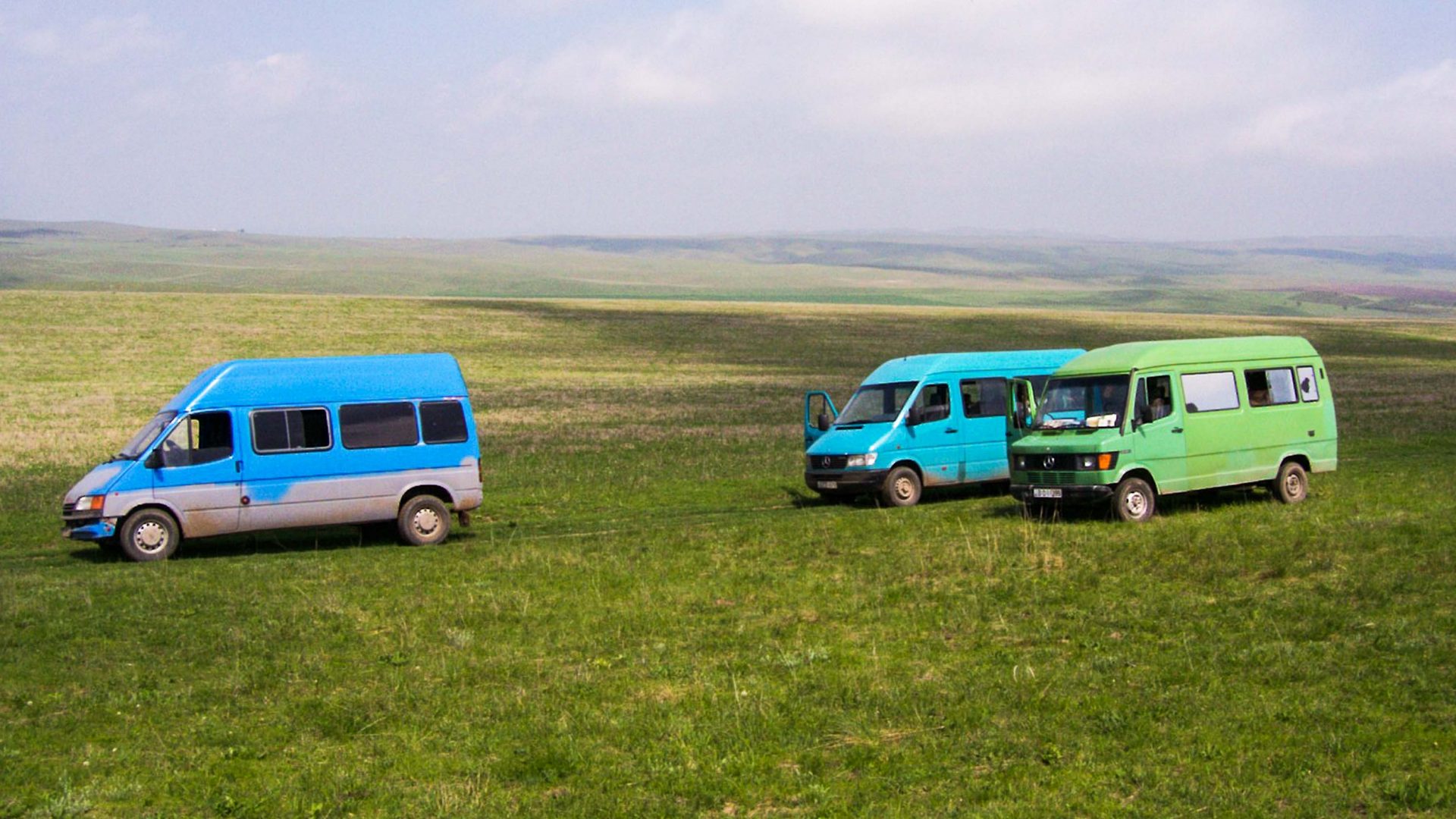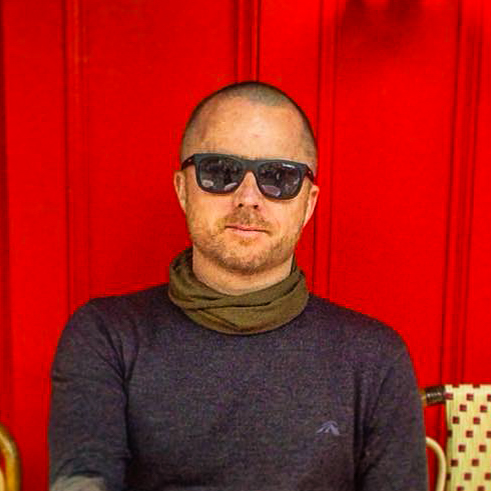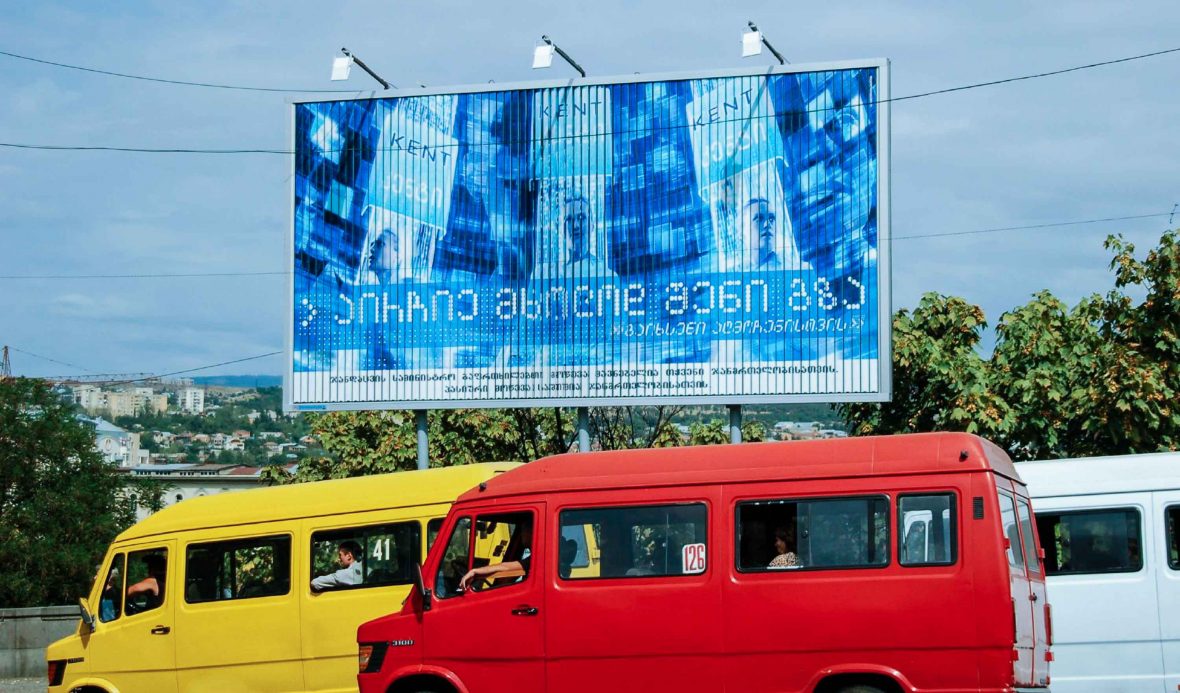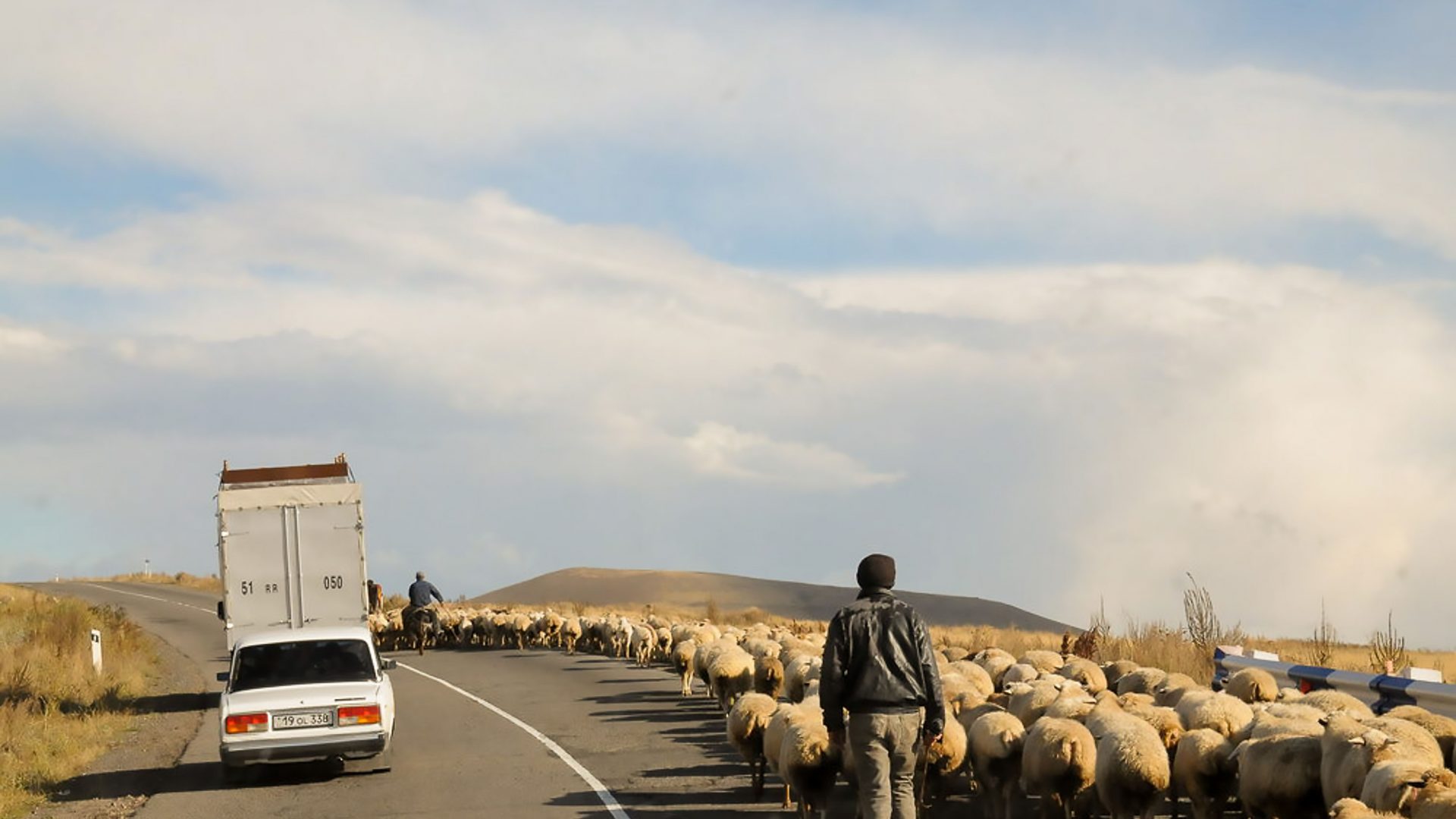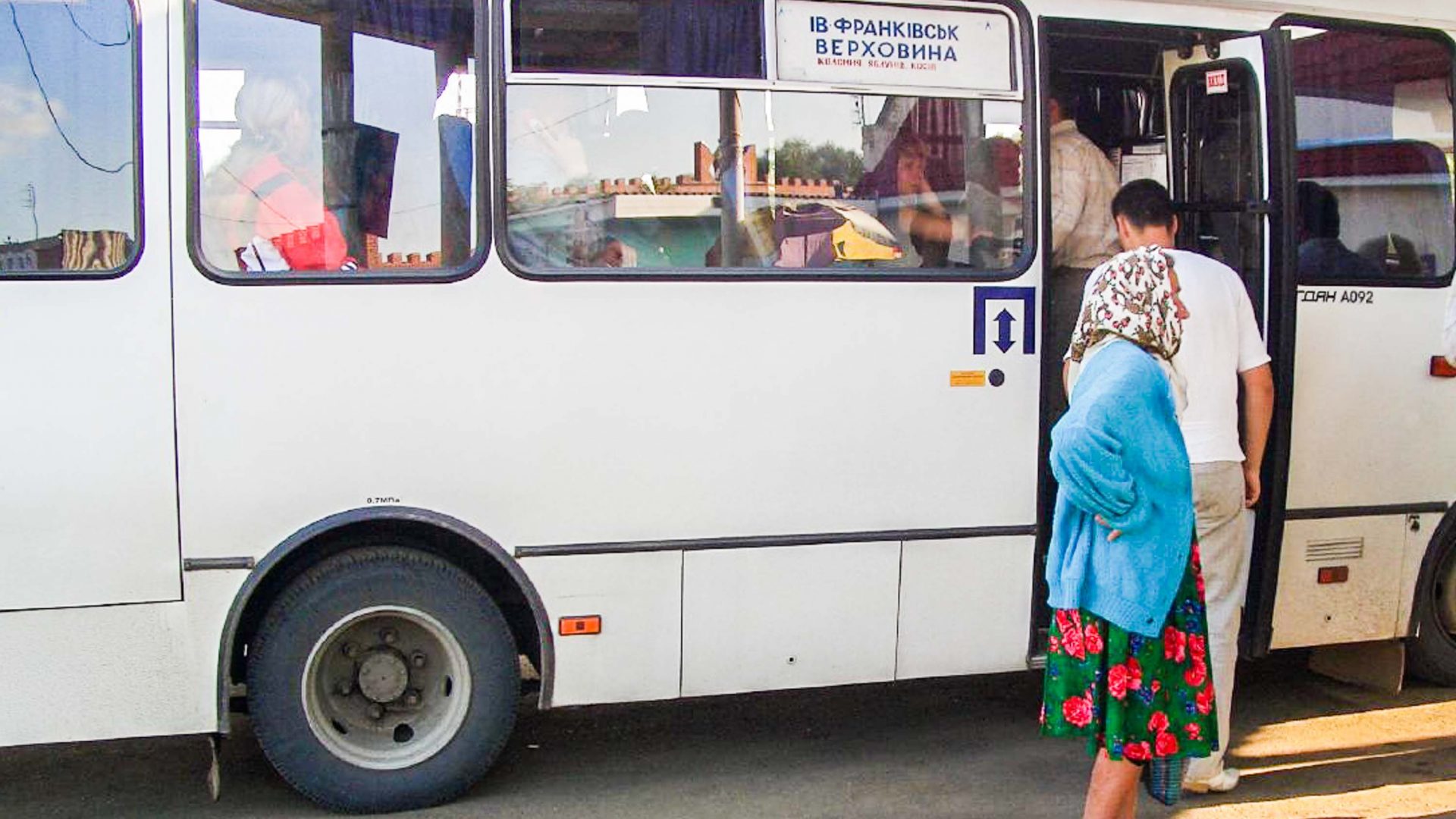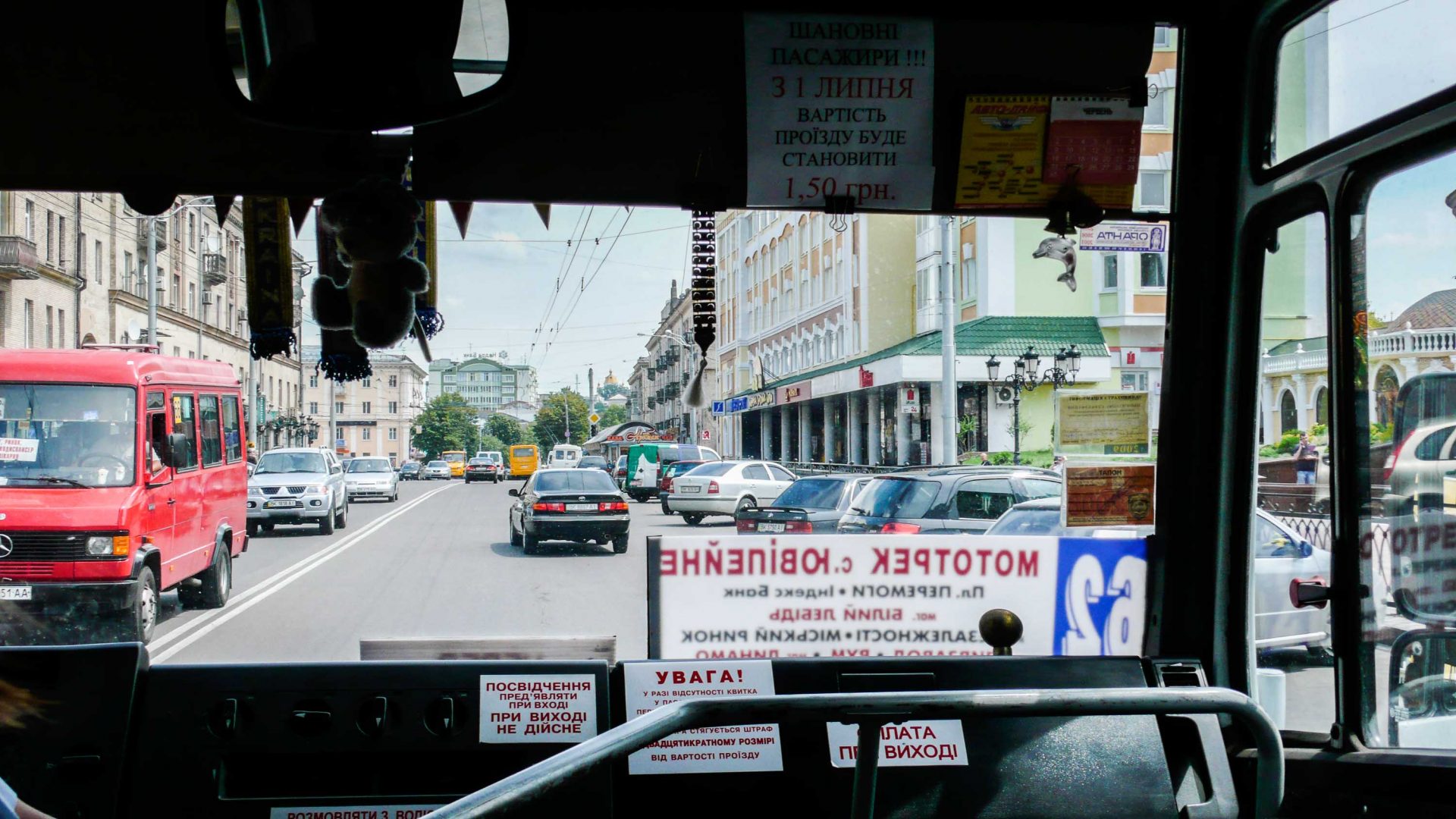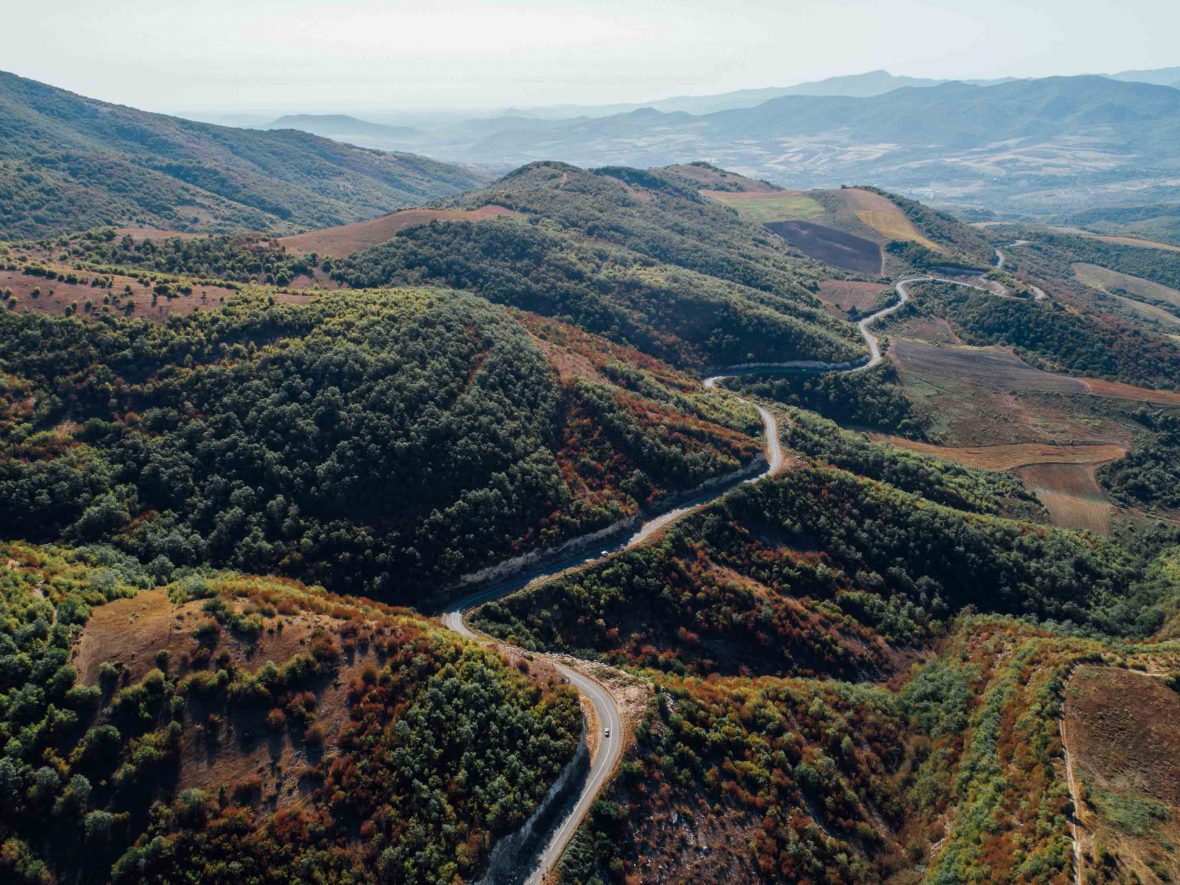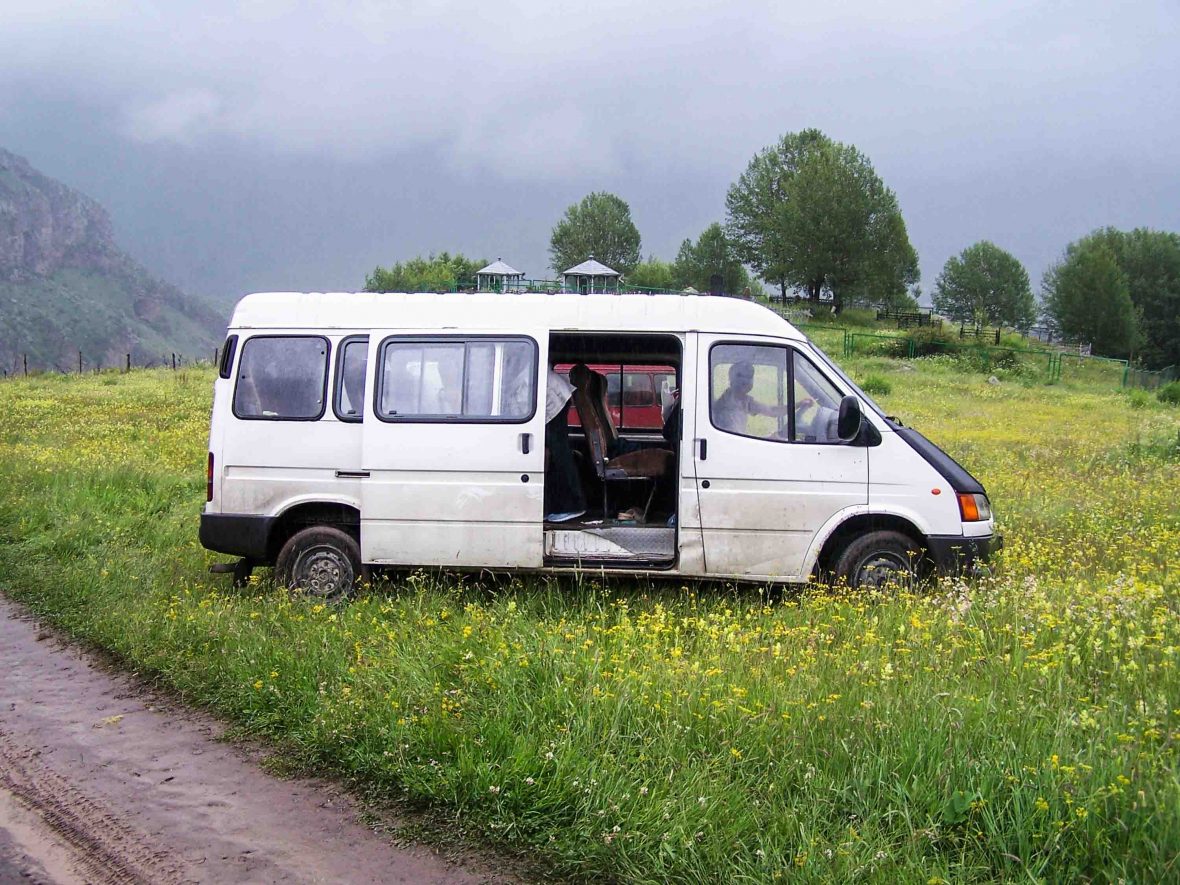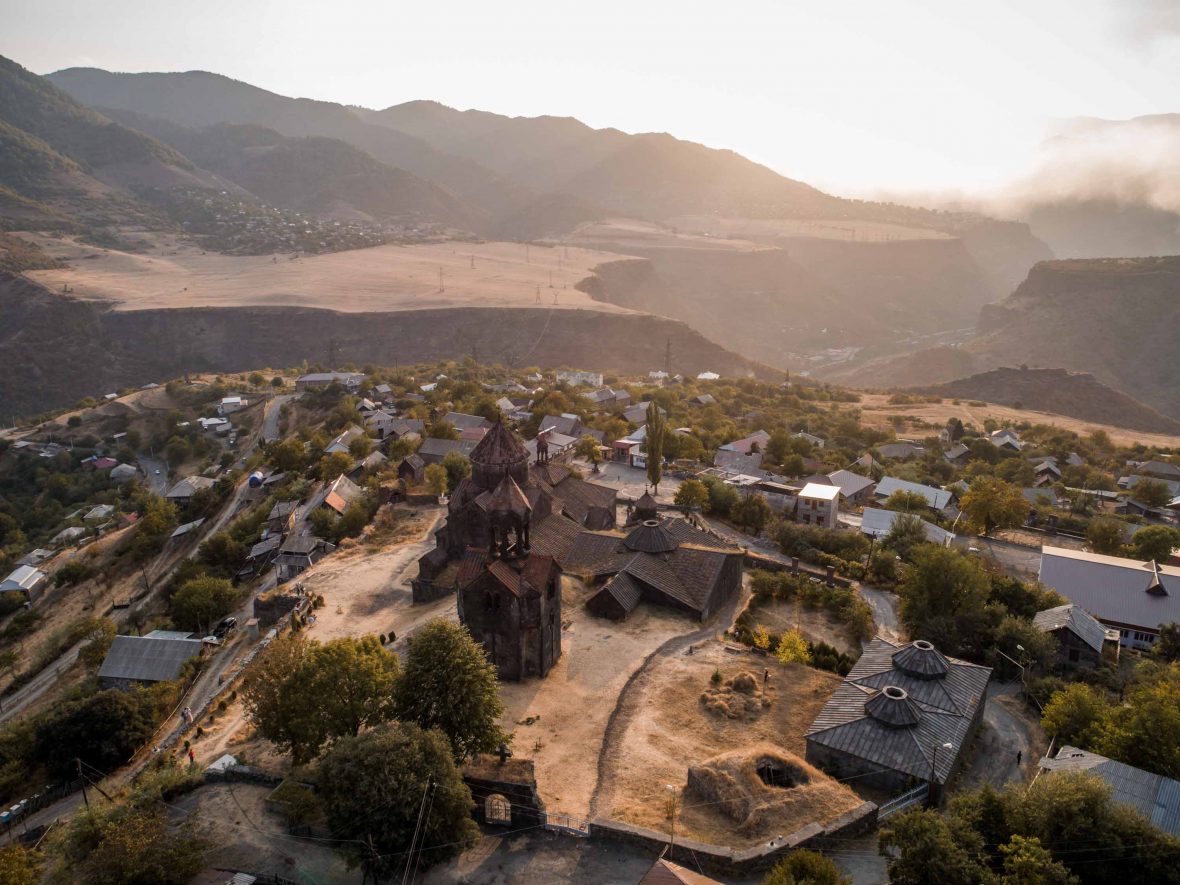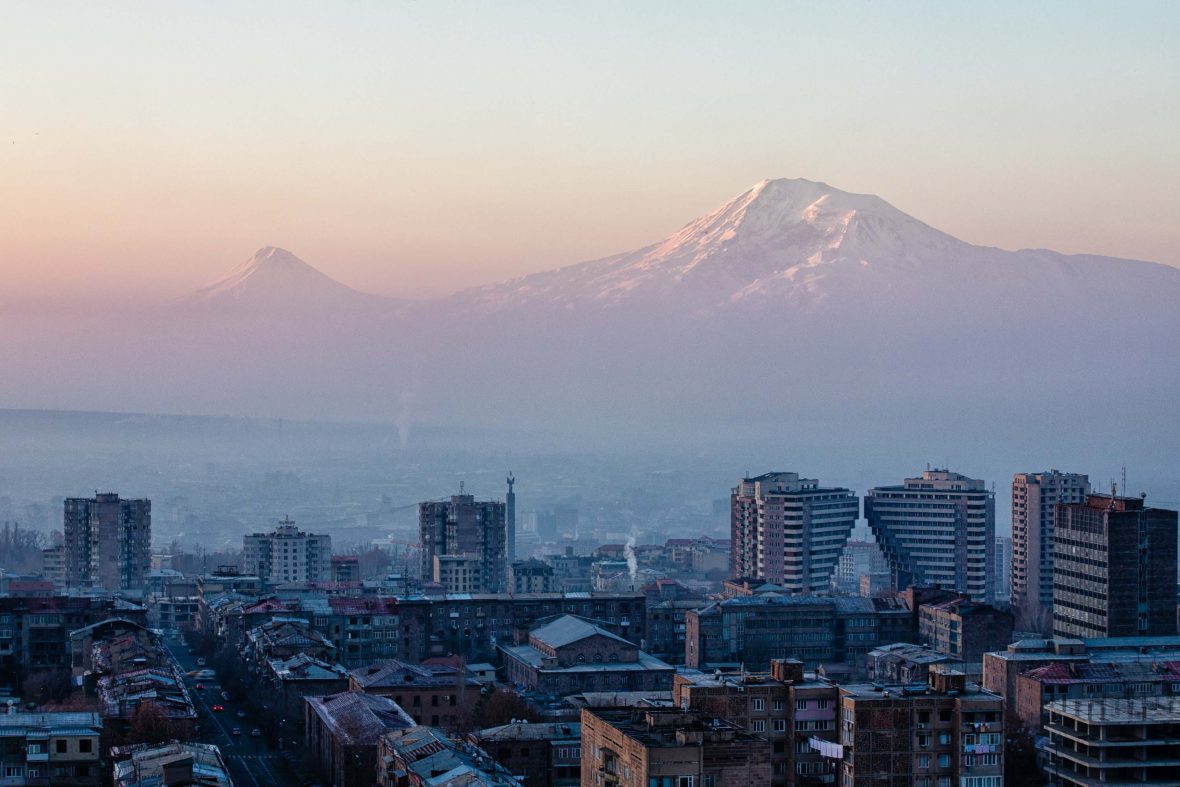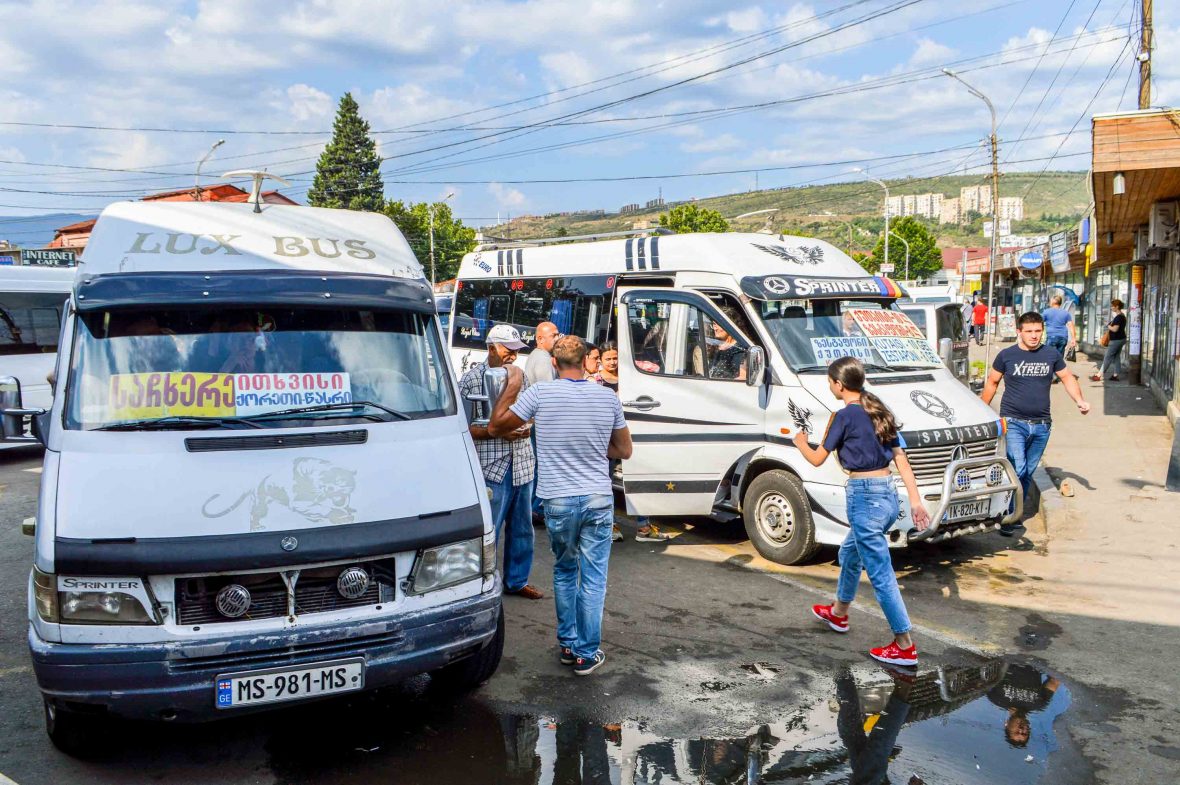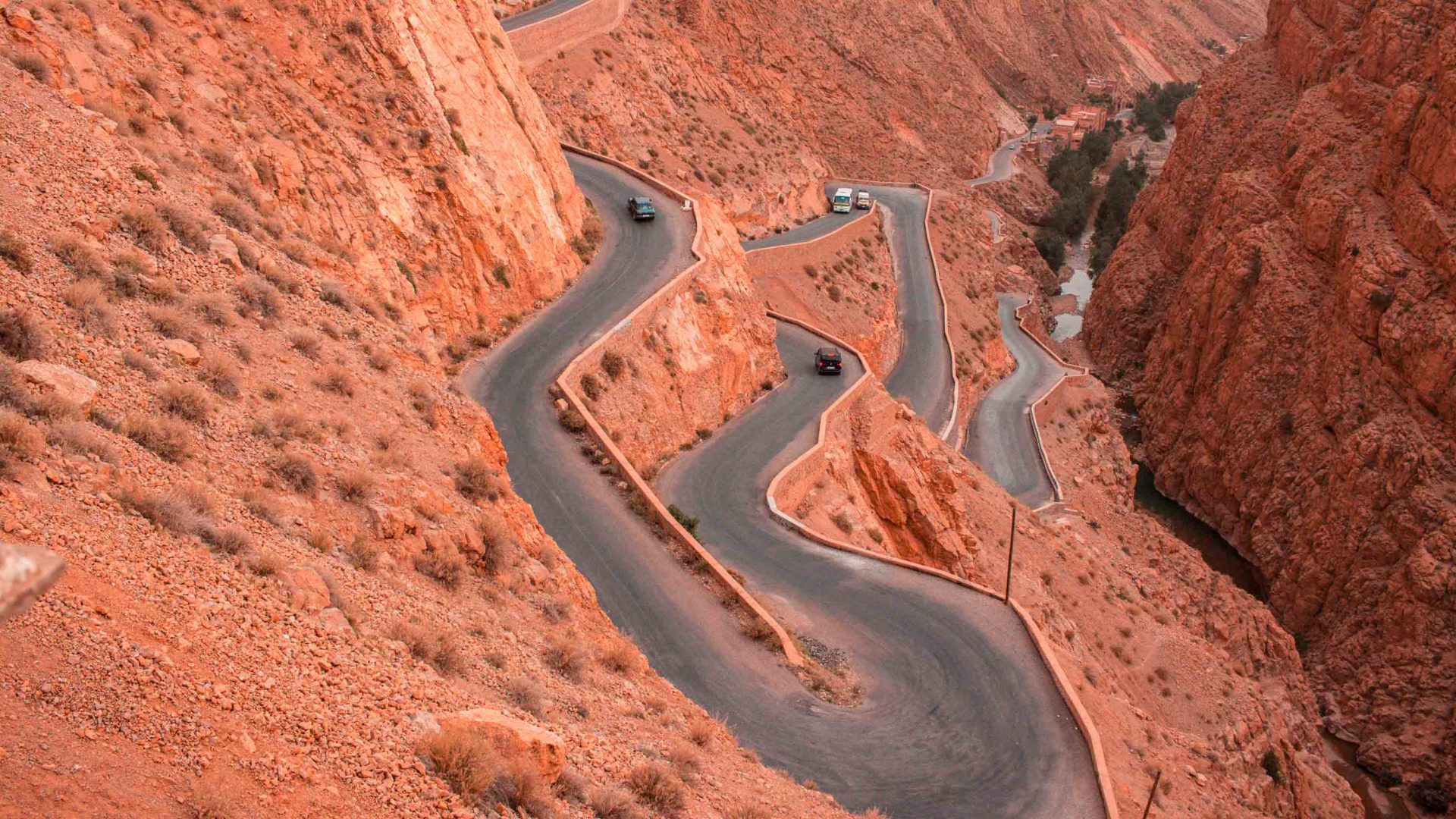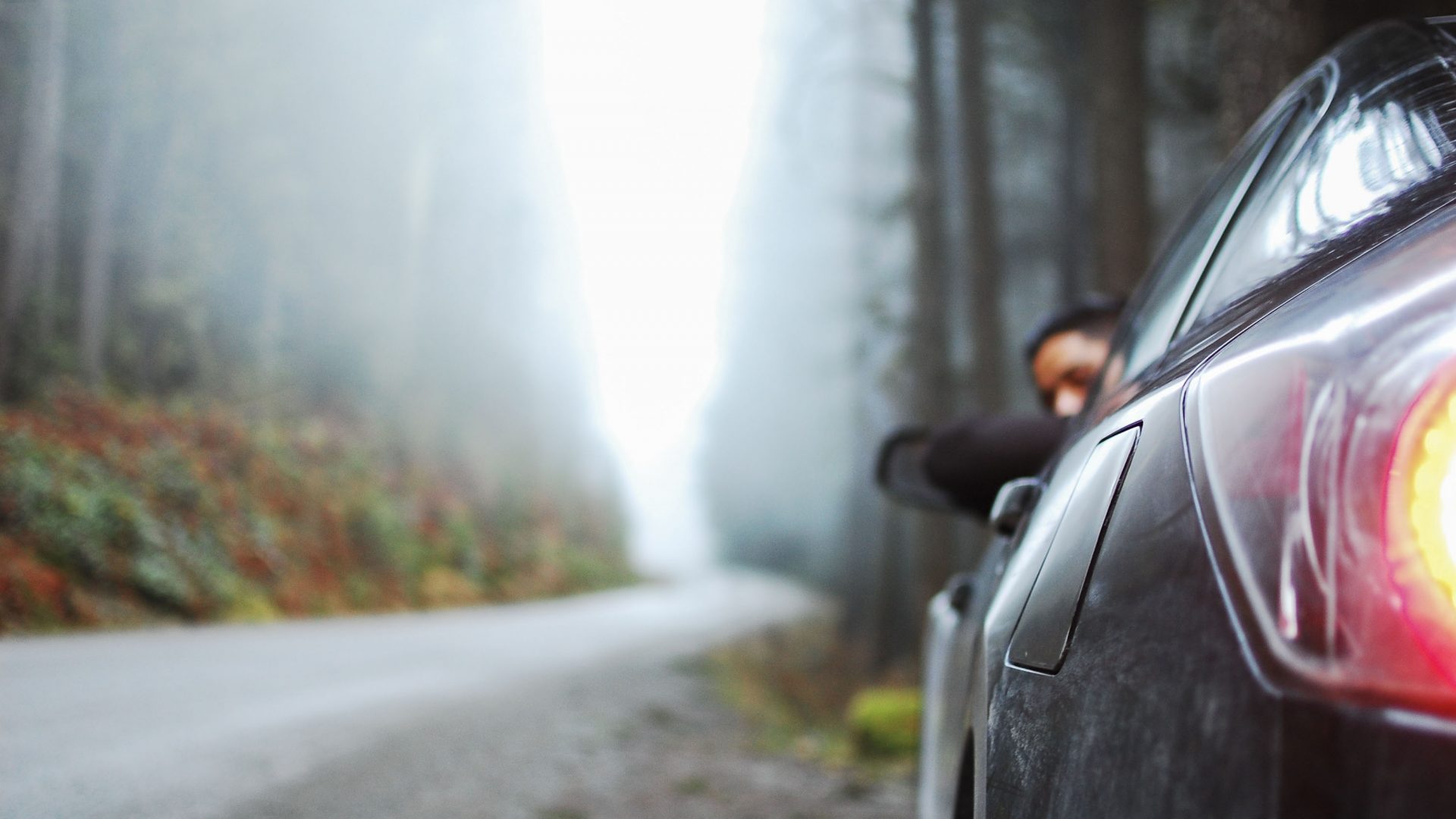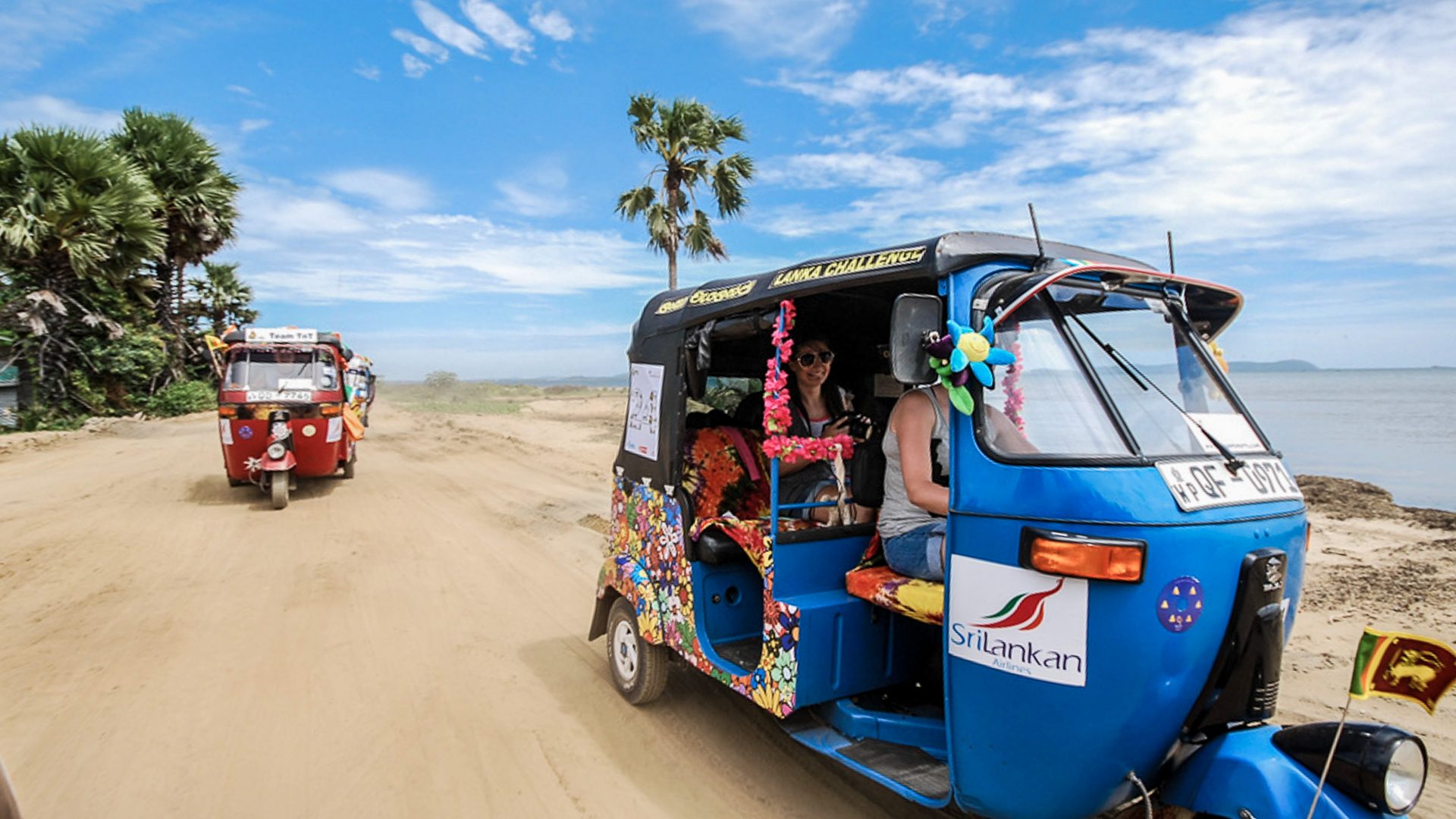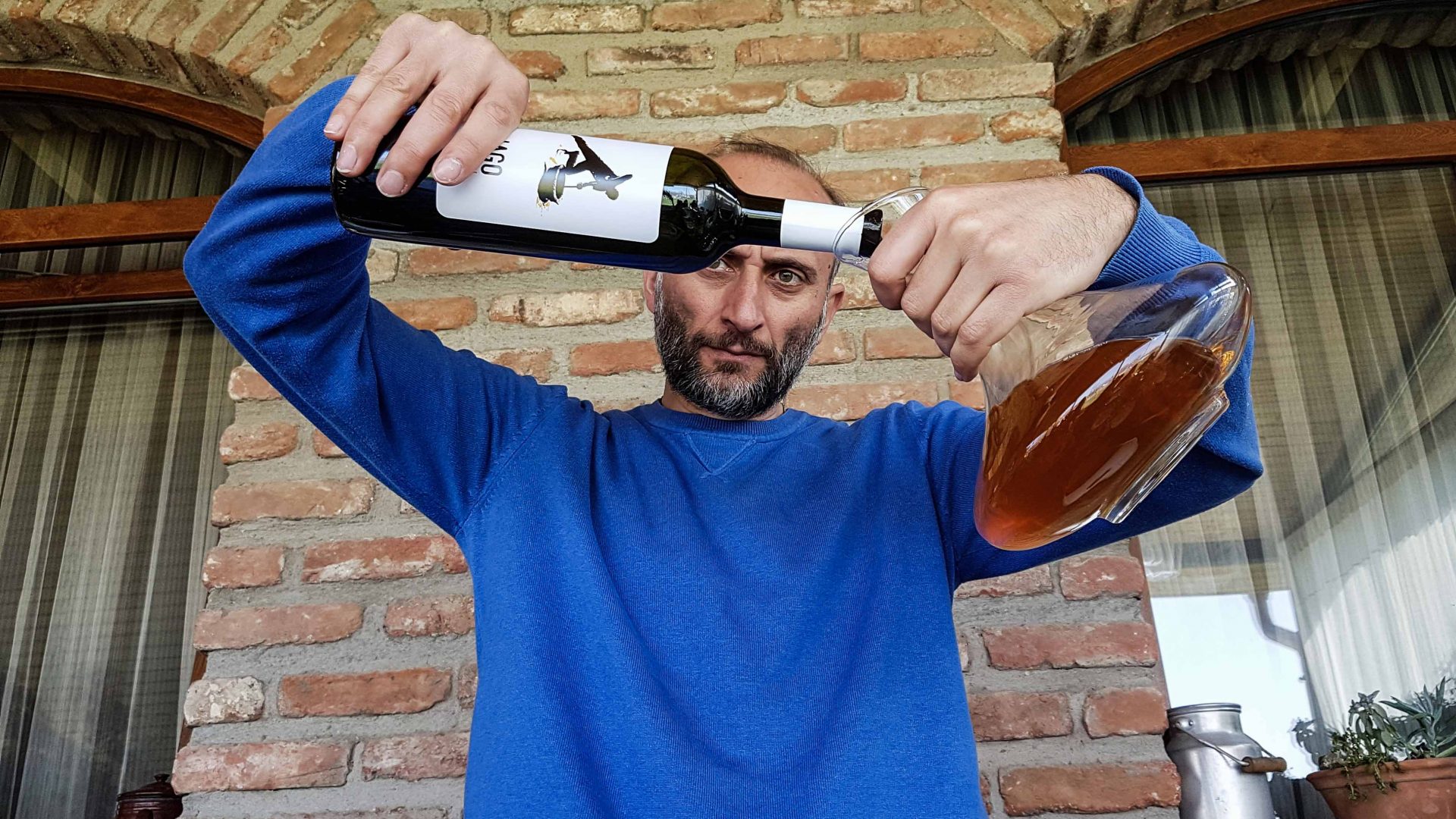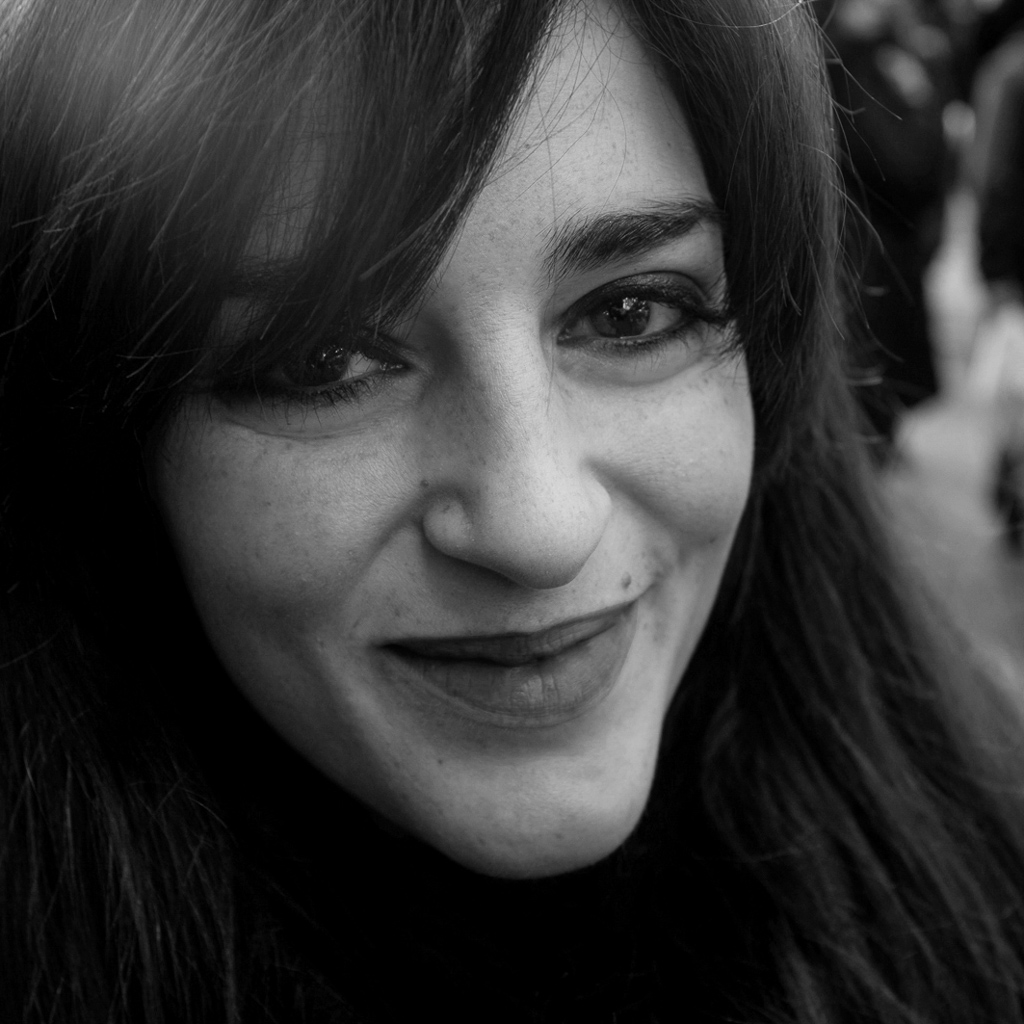Editor’s note: This article was published before the coronavirus pandemic, and may not reflect the current situation on the ground.
While riding an Armenian marshrutka bus bound for the country’s north, Steve Madgwick chances on an intense, miniature lesson in Caucasus culture—and learns to never, ever mess with an Armenian nonna.
I can’t see her gaze. Didn’t even get a good look at her face as she hopped in. But from the seat behind, I sense that she yo-yos on the cusp of Full Beast Mode. Come what may, I must finish this—for all our sakes. My fellow passenger’s eyes furtively egg me on.
I drag the window open again, inhale theatrically, desperate for air not recycled through a dozen sets of lungs. She bangs it shut. I open it. She grunts; shuts it again. I strike back …
Suddenly, my dressed-for-church octogenarian nemesis—who guards the sole openable window on this marshrutka—makes a definitive last stand. She cocks her formidable elbow and swings at my vulnerable chops. I flinch backwards, wince for impact, but it is a mere baulk; her cannon remains unfired. She slams the window shut, leans on it with her full weight, gurgles a low triumphant laugh. My eggers-on recognize the defeat and shun me.
She fans herself, hubristically, with a newspaper; the monarch of her musky, musty realm. She raps her nails against the window abruptly and barks a phrase that summons the marshrutka to a savage halt, by a ludicrously green fallow field somewhere between Armenia’s capital, Yerevan, and my destination, Debed Canyon, in the country’s extreme north.
RELATED: The things I learned taking public transport across Africa
Animosity aside, as a fellow marshrutka passenger it is my duty to help retrieve her miscellaneous parcels and packages from under our seats. She flashes me a gold-tooth grandma smile, as if nothing ever happened. Her pumps squeak away under the weekly-market-shop load.
My first hands-on lesson in Armenian culture is complete: The alpha elder is always right, even when a cowardly silent majority thinks otherwise.
Two more fully loaded humans jump aboard so we Tetris into the vacuum left by the Window Nazi. The driver demotes me, a known ne’er-do-well agent provocateur, to the coccyx-compressing backseat. It could have been worse: The unattached door-side stool or the squishy wheel-arch seat.
My own kneecaps replace the mountains views, thanks to a new footrest: A freshly butchered lamb which freely secretes oily goop onto my shoes through its inadequate death-shroud. Mercifully, the new window-monitor doesn’t mind fresh air.
I have a pristine view of the whole head-rocking marshrutka-village from my naughty step. Up front, next to the driver and presumably his single-digit son, sits token full-fatigued Army Guy in quiet reflection. Armenian men still serve two years’ mandatory military service, a legacy of relentless neighborhood frictions with Turkey and Azerbaijan.
Second-row center sits The Raconteur, who shares high-mileage anecdotes with patrons who are probably related to the protagonists and villains. Behind her, upright and alert, is The Tutter. Today, he is unhappy with the Caucasian nut-brown cows which block our trajectory and the staff-in-hand farmers too distracted by their phones to move them off the road quickly.
My neighbor, The Starer, gawks at my three-models-ago iPhone like I’m an undercover oligarch, happy to lean across and scroll through my photos without invitation. He’s bursting to unwrap the enigma of how I ended up sitting next to him today, so the Google Translate-less cross-examination begins.
“Where are you from? Australia. No, not the one in Europe. Why are going to Alaverdi? To walk in the mountains. Why? Because someone told me it’s beautiful. Are you married?” Hmmm.
But it’s not easy at the top. My scarlet-eyed pilot lights each new cigarette from the old one. No one else dares spark up. He buys another packet at our lunch stop—precisely three cigarettes’ long. He blithely puffs away while he talks to the attendant who fills our ride with a hissing compressed gas so dangerous that passengers must shelter in a designated area 45 meters away.
RELATED: Don’t go hitchhiking in Canada without reading this first
The cigarette is his squeezy stress-ball to combat the bedlam of the hunt-or-be-hunted road network; a place where the almighty horn will save your bacon when the brakes fail to. Yet, strangely, among this furore, there are no grudges beared. Near head-ons and radical cut-offs—which would be remedied by a tire-iron-in-hand road-rage duel in the States—are hastily forgotten here. Nothing personal; the marshrutka must get through.
Compared with Africa, Latin America and Southeast Asia’s gaily adorned ‘chicken buses’, the marshrutka is a faceless utensil with few differentiating features—mechanical utilitarianism incarnate.
Ford Transits, Russian Vazs and Mercedes-Benz Sprinters (ironic) are splashed in faceless whites, perfunctory yellows and no-one-else-would-buy blues. Badly shattered windscreens seem like a factory option. Inside, function wins over funky, with no more than a small religious icon and perhaps a fuzzy dice for flair. Individualism in this democratic republic is still an affliction of the bourgeoisie.
Finding your appropriate marshrutka plays out like a Cold War espionage drama. Head to the unmarked rendezvous point, usually near the central market, ask the old guys in black leather jackets playing dominoes to find the shadily dressed fixer. He shepherds you to what looks like a broken-down delivery truck. Suspiciously, he will not seek financial reward from you. Neither will the driver try to shake you down for ‘tourist price’.
A hand-painted destination sign on the dashboard (subtitled in English if you are very lucky) confirms that this is your ride. Relax. Not a single tire will spin until the vehicle is ‘marshrutka-full’: At least one butt on every seat, every conceivable nook stuffed.
Just shy of four hours into my trajectory, vintage Nokias, flip-phone Motorolas and iPhone(y)s vibrate around me, chirping the Grande Valse ivory tinkle in unison. My fellow passengers’ loved ones sense the marshrutka is approaching the village.
There’s something deeply rewarding about giving yourself over to a system of which you have no control. The marshrutka, Aeroflot of the asphalt, is not a passive public transport option; not the place to get lost in a good book. Inside the careening capsule you must be present, alert; part of the esprit de corps. In return, the ballistic bus gives you a memorable crash course in Caucasus culture (fingers crossed, without another kind of crash intervening).
Pragmatic lessons which might prevent you from having to explain to your travel insurance provider why a dressed-for-church 83-year-old, with whom you were unable to verbally communicate, knocked out all your visible teeth. You’re welcome.
